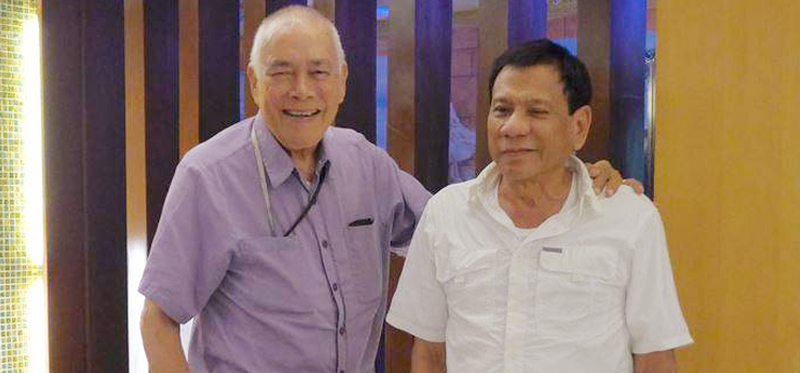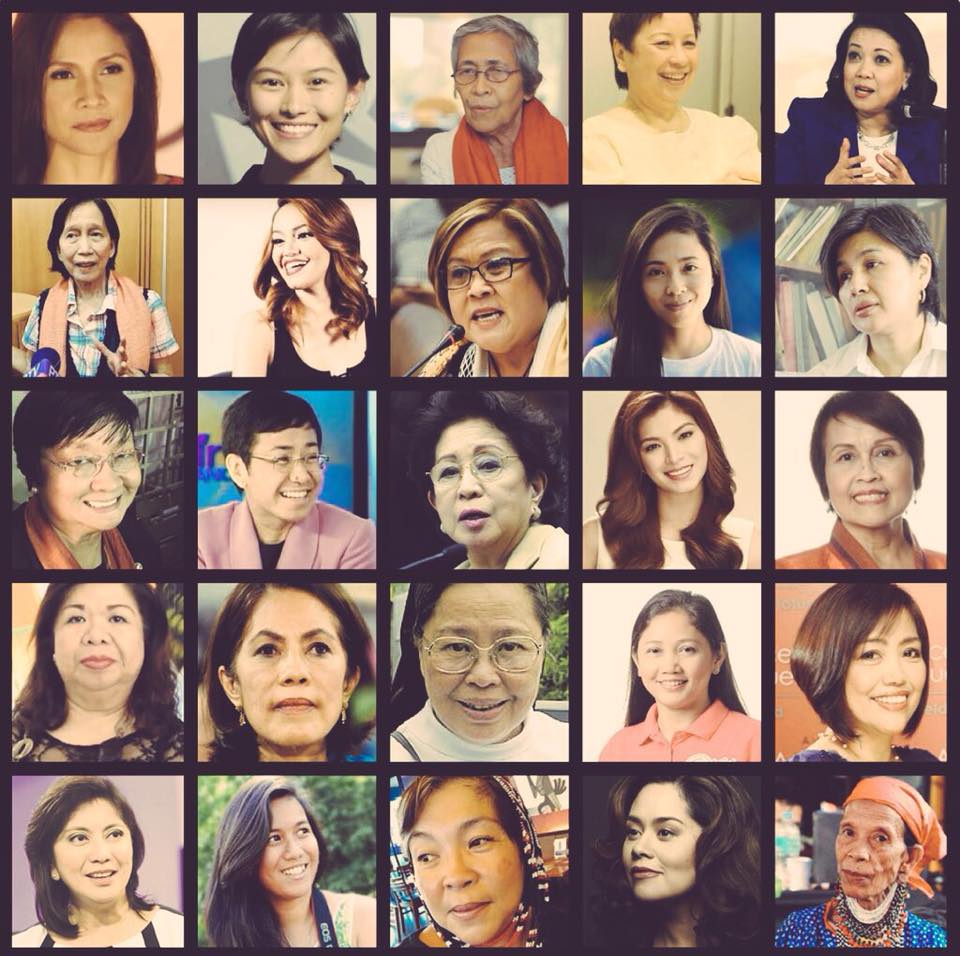The Promdi President
Digong Duterte’s first state of the nation address should be noted for its style as well as its substance.
Those who focus on the text of the SONA could be forgiven for thinking that it had no soul, no overarching structure or narrative. This was the conclusion of many at the close of Digong Duterte’s first address to Congress earlier this week. Rather than the concise, emotionally charged speech that was promised, what ensued was a lengthy, somewhat analytic exposition of the problems that face the nation and the steps to be taken to address them.
Unlike his inaugural address that was concise and direct to the point about change, the SONA seemed to unpack all of the elements that a change agenda meant. It was almost as if Duterte had allowed his cabinet to craft the speech and provide the substance of it, even as he defined the overall policy agenda and priorities. As he read off the teleprompter, it was clear that aside from the remarks he gave on the war on drugs and corruption, these words were not his own.
He would frequently veer “off the script” and adlib to add a bit of spice to the otherwise dry and undramatic address, to give it his personal touch, no doubt. And for this he was faulted by the press. The Manila Standard’s editorial, the following day was typical of this. It stated that rather than judging Duterte’s first SONA on style, we should focus on its substance, much of which was a mere reiteration of statements he had already made at press conferences.
To do that would be a mistake in my view. What Digong was proving by going off tangent with his regional dialect was his authenticity as a person who hails from the province (promdi). You can take the boy out of the country, but you can’t take the country out of the boy. Digong ran as an outsider of “imperial Manila”. After taking over the seat of political power, here he was trying to do away with the formalities of the ceremonial function of his office.
Aside from altering the garb and grub offered up during this annual event in our nation’s capital, Digong through his asides was seeking to drive home the idea that he was sticking to his roots. This is what happens when a promdi goes to congress. The man was the message. To misinterpret this is to misinterpret the reason why Digong rose to power, and the coalition that he assembled to put him there.
The typical explanation anchors his dominance during the campaign on his anti-crime, anti-corruption stance. True that played a part in distinguishing him from the rest, but it was more than that. His allure to urban voters came as a result of his record as a local government executive from “outside the beltway” who got things done.

This wasn’t the first time voters were enamored by such a figure. In 1992, Governor Lito Osmeña of Cebu’s prominence came from his accomplishments in that province. He was seen then as an effective leader, whose somewhat authoritarian style was an antidote to the chaotic environment in the Philippines. Cebu back in those days was on the cusp of development, just as Davao is today.
But Osmeña’s pedigree and aloofness prevented him from connecting with ordinary Filipinos in the VP race. They gravitated more to Erap Estrada who won by a landslide through his mass appeal. Digong’s public persona fuses together the promdi narrative that Osmeña had pioneered with the folksy, man of the people attitude of Estrada to frame himself as the ultimate political outsider who has risen to the top to shake things up in the halls of power.
That in essence is what drives the style and substance of his presidency. He isn’t too worried about pomp and pageantry, nor tradition or ceremony. He wants to do away with the niceties of political discourse. He just wants to get things done. If he can’t win his detractors over with his eloquence (or lack thereof), they might come around when they see results. For those concerned about human rights and the rising body count of his war on drugs, these “results” will simply confirm, not allay, their worst fears.
For the highly popular Digong, the criticisms hurled by human rights advocates are simply minor irritants that come with the territory. They represent a high brow response to the blunt but effective solution that he has worked out in the regions. If the Promdi president is to succeed, he would need his ideas, fashioned at the local level to be given a chance to fly before being shot down, no pun intended. That is the message to be taken from his first SONA.

